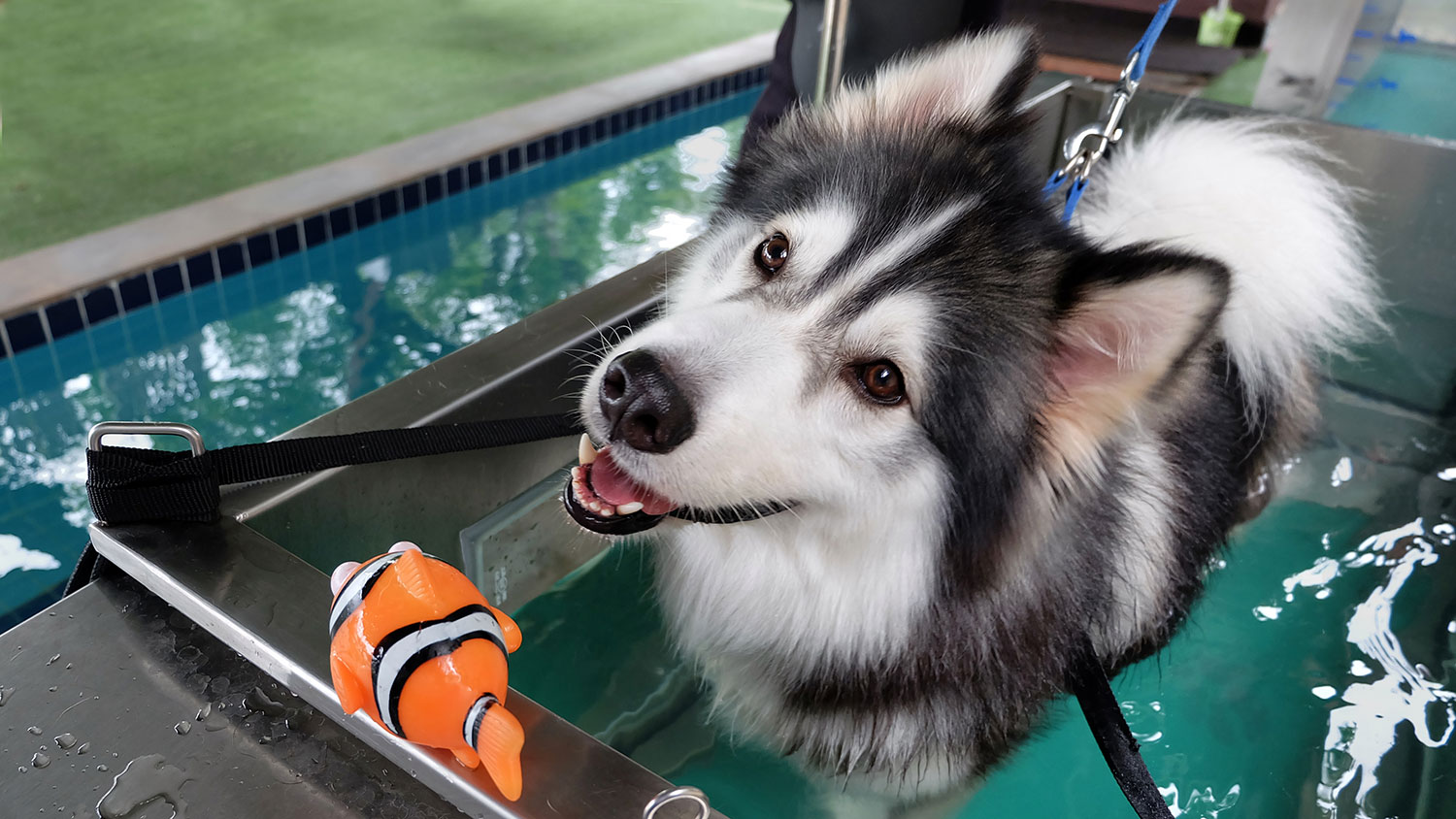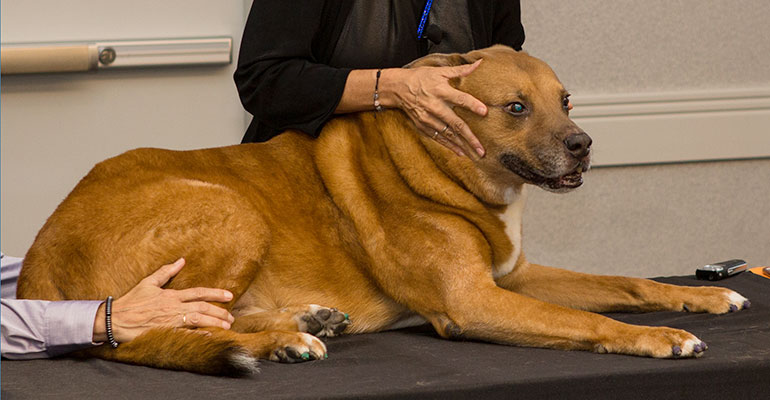A veterinarian, as you’re well aware, is a doctor licensed to practice on animals. But there are many different kinds of veterinarians—small-animal vets, large-animal vets, exotic-animal vets, and much more. And all of them utilize a wide variety of techniques, from surgery and acupuncture to ultrasound and pharmaceuticals, to help pets feel better.
One main distinction between vets is the conventional veterinarian vs. the holistic veterinarian. What exactly do these terms mean? Can one use something like acupuncture, while the other can’t? Let’s take a closer look at these types of veterinarians.
What does a conventional veterinarian do?
Traditional, conventional, “Western…” These terms generally refer to your standard veterinarian who practices mainstream medicine. This is the kind of veterinarian you’ll find in most animal hospitals. Most research into veterinary medicine has been done on this kind of care. Holistic veterinarians don’t, unfortunately, have as much backing research into techniques like acupuncture. That doesn’t make their techniques any less effective, though.
Want to learn more about conventional medicine and the way it differs from holistic techniques like acupuncture and Chinese herbal medicine? Call your vet clinic to speak with the professionals.
What does a holistic veterinarian do?
A holistic veterinarian will utilize techniques that are sometimes outside of the realm of the more traditional conventional veterinarian’s arsenal. Holistic vets might use aromatherapy, chiropractic care, massage, acupuncture, herbal medicine, food therapy, and other techniques to help pets heal. The whole idea is to use methods of treatment that may not be considered mainstream.
Some holistic vets avoid the use of standard medications or vaccines, but many embrace these proven techniques, too. The truth is that the line between conventional medicine and holistic care is quite blurry. Many conventional vets might use holistic approaches like acupuncture or food therapy. And plenty of holistic vets use vaccines, prescription drugs, and other “standard” techniques.
What kind of care is right for your pet?
At the end of the day, pet owners probably aren’t overly concerned with what label their veterinarian has. They are interesting in the good health of their pets. And both conventional and holistic medicine can help achieve that goal. Techniques like acupuncture can be combine with pharmaceuticals, for example, to help a pet feel good. Surgery and massage might work together, or vaccines and food therapy. It all depends on the particular health needs of your pet!
Your best bet is to check with your personal veterinarian to find out whether or not holistic techniques might be suited for your animal friend. Sometimes, conventional methods are what’s needed. In some cases, a holistic approach might be better. And in the vast majority of instances, a combination of both could benefit your pet. Whether it’s surgery, acupuncture, pharmaceuticals, herbal therapy, massage, vaccination, or anything in between, your vet will do what’s best for your four-legged friend.
Would you like to learn more about holistic techniques, such as acupuncture, aromatherapy, food therapy, herbal medicine, or massage? Do you have questions about conventional veterinary medicine? We’re here to help with all of the above. Contact your vet clinic to learn more about the veterinary care your pet needs.


